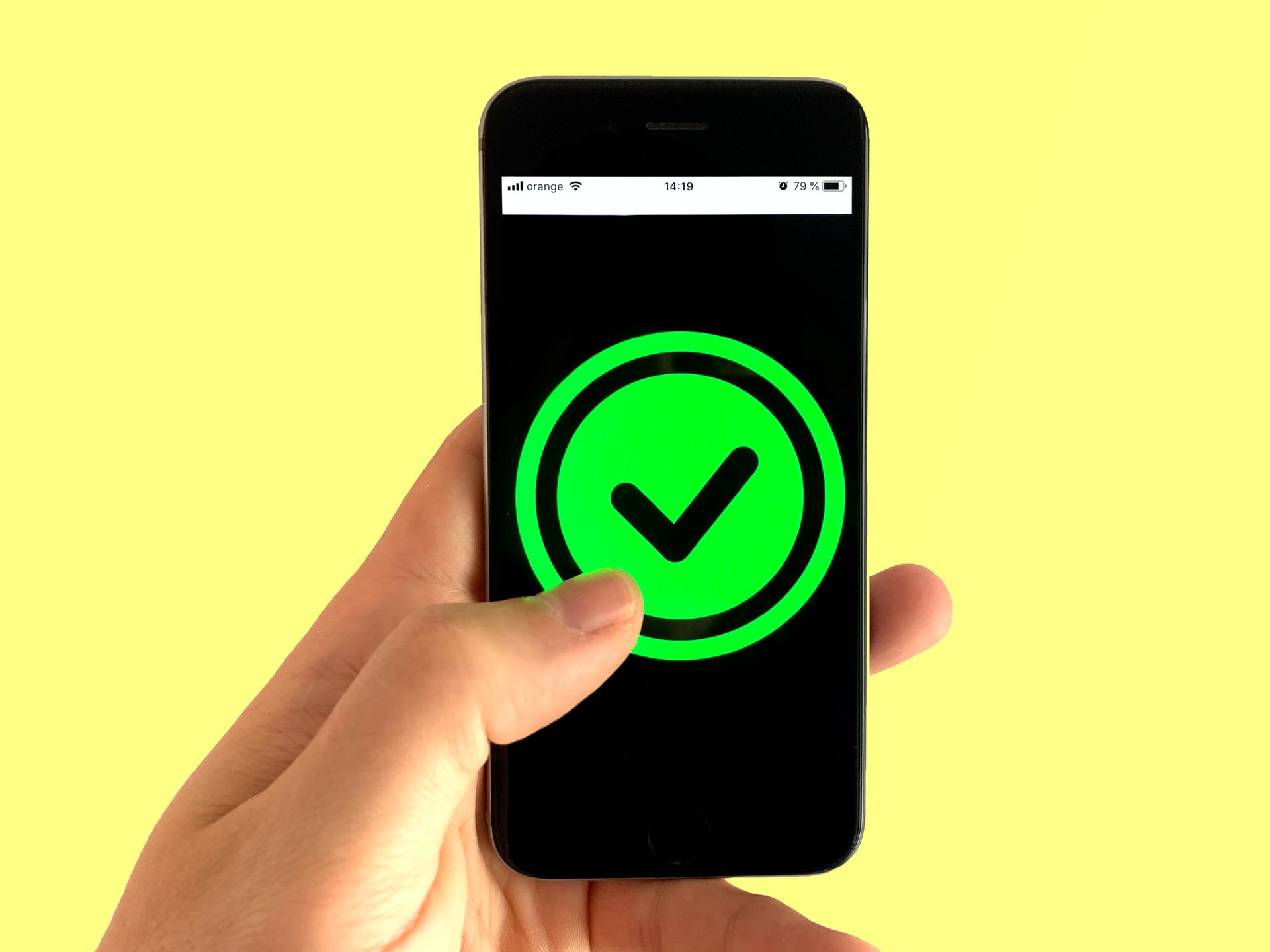The global pandemic has not only compromised the health of millions of people worldwide, it’s also given cybercriminals an opportunity to wreak financial havoc on vulnerable individuals.
Since the creation of the internet, online scams have — and always will be — an issue, but these risks increase tenfold during times of uncertainty. When the world feels like it’s in limbo, scammers will do everything they can to exploit the fear and vulnerability of humanity for their own financial gain.
People often think they won’t fall prey to these scams, but cybercriminals are becoming more cunning with their tactics, which means they’re able to target more people than ever before. As of September, the Federal Trade Commission logged over 210,000 consumer complaints that have been directly related to COVID-19, two-thirds of which involved identity theft and fraud. These victims have reported losing over $148 million, with the average person losing around $300.
With the population needing to safeguard their finances now more than ever, it’s become even more important that people protect themselves against coronavirus scams. And the only way to avoid these scams is to know what they are. Here are a few of the most common:
Bogus cures
With people terrified of getting sick, scammers are appeasing right to this very fear. These fraudsters pitch and sell phony remedies like teas, essential oils, and vitamin-C therapies, claiming they act as a defense against COVID-19. Some are even selling at-home vaccinations, despite the nation knowing that no vaccines or drugs have been approved to prevent or treat the virus.
Both the FTC and the U.S. Food and Drug Administration have already sent over 40 warnings to companies selling false products to consumers. Both organizations have also had to issue warnings about con artists that are advertising fake antibody tests. While there isn’t an immediate financial reward for these scammers, they will eventually use your information for identity theft or health insurance scams down the road.
Phishing scams
Phishing scams aren’t new, but they’ve increased as a result of the pandemic. Since the beginning of this year, there have been thousands of newly registered domains that boast keywords related to COVID-19, usually under the disguise of a government agency or humanitarian organization. If you contact one of these websites, you’ll immediately start getting phishing emails from hackers that are intended to either infect your computer with malware or glean some personal information from you.
Additionally, you could also be subject to phishing texts that will try to scare you into thinking you’ve been exposed to someone who has the virus. Just like phishing emails, these texts will usually include a link or a downloadable file that will put malware on your desktop or laptop and search your computer for personal passwords and any other important information it can find.
Charity fraud
In the event of a global crisis like we’re in now, there are always generous people looking for a way to give back to those in need. And for every person like this, there’s a con artist looking to take advantage of their good will. As you begin thinking about what charities to donate to, make sure you do as much research as possible beforehand.
Thankfully, there are certain resources that have been made available to the public that will help with this research. The FTC put together a landing page on their website called ‘Charity Scams’ that list all the organizations to watch out for. You can also search charities on websites like give.org. If you can’t find it, it’s likely because it’s not real.
We’re in the middle of a global pandemic unlike ever before, so scams shouldn’t be another thing you have to worry about. If you really want to have peace of mind, MyLife.com can help you combat con artists. You can search any person and see their Reputation Profile and Reputation Score. Reputation Profiles not only include information like criminal and other court records, the things you would expect to find on a background report, but can include personal reviews and even links to social URLs and photographs. If you notice any red flags, cease all communication immediately.






